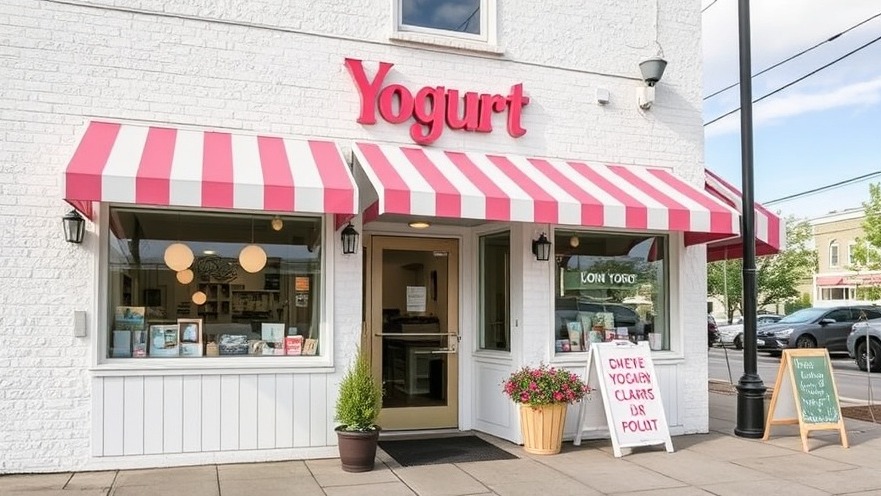
Unraveling a Dark Chapter: The Yogurt Shop Murders
More than three decades after the horrific murders of four teenage girls in an Austin yogurt shop, investigative efforts have finally yielded results connecting the case to Robert Eugene Brashers, a deceased suspect linked through DNA evidence. This tragic incident, which claimed the lives of Amy Ayers, Eliza Thomas, and sisters Jennifer and Sarah Harbison, has haunted the Austin community and left many unanswered questions, stirring a blend of anguish and hope for closure.
The Role of DNA Evidence in Solving Cold Cases
The successful identification of Brashers is a testament to the evolving capabilities of forensic science. DNA testing, once seen as a luxury in criminal investigations, is now pivotal in revisiting unsolved cases. For law enforcement agencies across the nation, the ability to utilize modern technologies can lead to the resolution of cold cases that seem insurmountable. Brashers’s DNA linked him not only to the yogurt shop murders but also to other violent crimes, including rapes and murders in Missouri and South Carolina. This reflects a growing trend where technology is not only aiding justice but also shedding light on predatory behaviors that may have persisted for decades.
A Terrifying Legacy: The Suspect's History
Robert Eugene Brashers was previously known to law enforcement as a convicted attempted murderer who had a sinister history prior to the yogurt shop killings. His suicide in 1999 following a police standoff adds a tragic layer to an already complex narrative. The fact that individuals previously convicted for these crimes — Robert Springsteen and Michael Scott — had their sentences overturned due to a lack of DNA evidence, underlines the severe repercussions of wrongful convictions. It raises pressing questions about judicial processes and how the law can sometimes fail the very people it seeks to protect.
Community Impact and Public Reaction
The resurfacing of such a horrific case has stimulated renewed interest within the Austin community and beyond. The Yogurt Shop Murders have become an infamous chapter in the city's history, embodying fears and collective trauma surrounding violence against young women. HBO's recent docuseries on the case serves as a reminder of the cultural and emotional impact that such crimes have had on local communities. Engaging discussions around these events drive home the importance of public discourse regarding safety, the justice system, and how communities can collectively support survivors and victims’ families.
Moves Toward Justice and Prevention
This breakthrough also opens the door for important conversations about resource allocation in law enforcement regarding cold cases. As technology advances, police departments are encouraged to revisit unsolved cases more frequently, leveraging DNA and other investigative techniques. The potential exonerations and convictions resulting from these efforts could not only bring closure to families but also serve as a deterrent to future crimes by ensuring that cold cases are taken seriously and adequately resourced.
Invitation to Reflect: What Can Be Learned?
While the identification of Brashers brings some measure of relief, it also invokes a deeper reflection on the long-term societal impacts of violent crime. This case should compel communities to advocate for better systems that prioritize the safety of all individuals, especially vulnerable youth. As we continue to uncover the threads of justice, let us be reminded of the resilience of those affected by crime and the ongoing fight needed to ensure accountability within the justice system.
 Add Element
Add Element  Add Row
Add Row 



Write A Comment